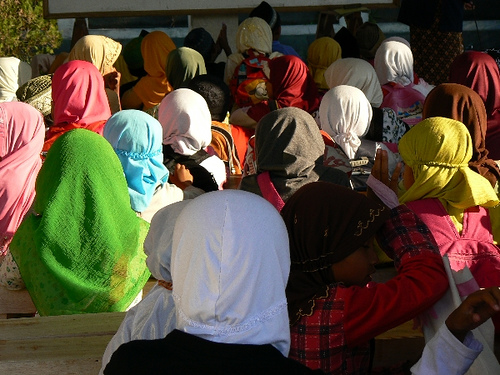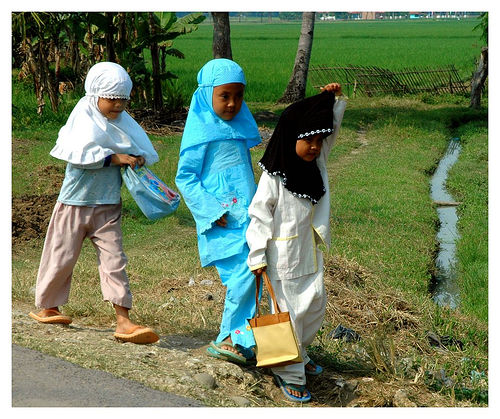The ISN is proud to announce the launch of our Junior Associates Program. The program brings together young professionals from Swiss-based institutions, companies and international organizations , as well as promising young scholars from Swiss universities, in a cooperative project that builds bridges and networks across the Swiss IR community.
Each program cycle will focus on a theme; this year, the topic will be
Europe and Islamic Countries – New Frontiers, Fresh Perspectives
The broad range of issues that may be explored under this thematic umbrella include:
- Swiss/European policy toward ‘marginal’ Muslim regions, such as North Africa, parts of sub-Saharan Africa and Southeast Asia
- Economic cooperation between Europe and North Africa
- Population growth in the Arab world and the migration of young Arabs to Europe
- Muslim perspectives on identity and place in 21st century Europe
Through collaboration, Junior Associates are expected to draft two Junior Associates Special Reports, to be published by the ISN in late 2010 and early 2011.
Junior Associates will also have the opportunity to attend an exclusive ISN Junior Associates event in Zurich in early October of this year. The event will feature high caliber speakers on this year’s topic.
For more information and to request an application form, visit the program’s website. Questions can be addressed to the program manager, Kaisa Schreck, or the program assistant, Jonas Rey, by sending an email to ja[at]sipo.gess.ethz.ch.





